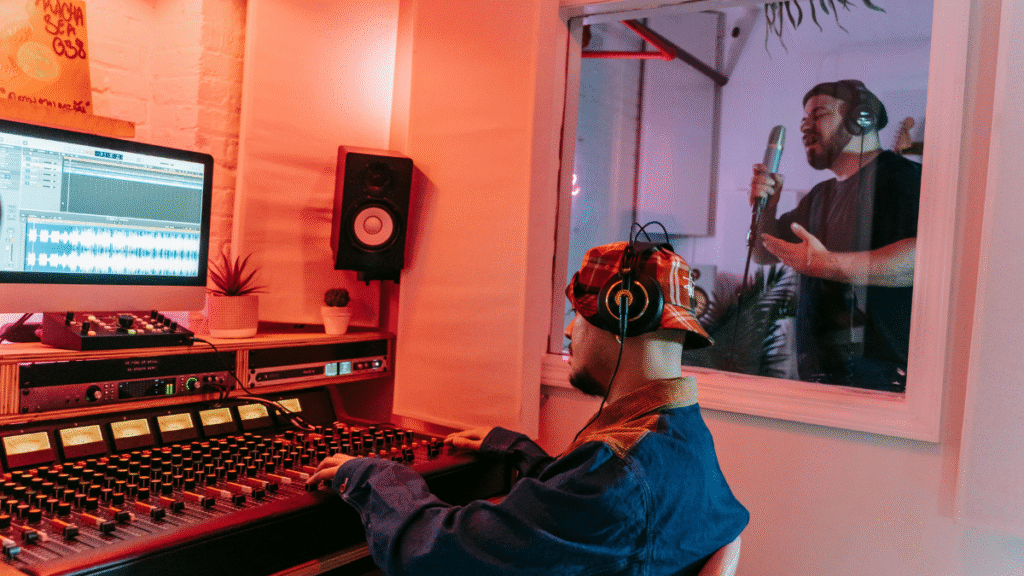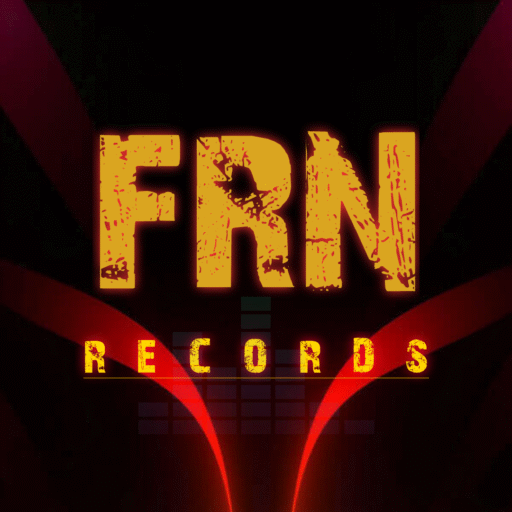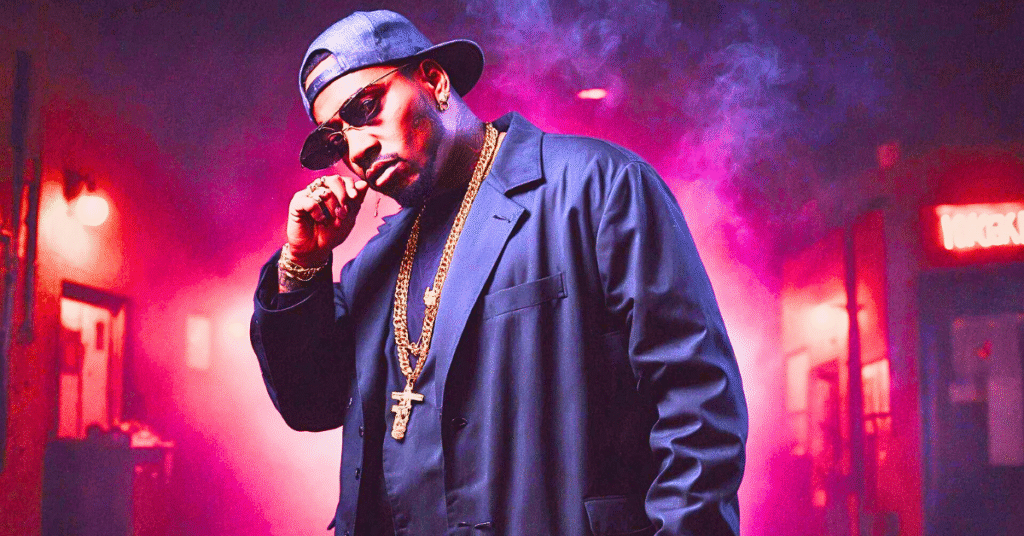How to Become a Music Producer

Introduction: The Beat Behind the Scenes
Ever listened to a song and wondered whose behind that mesmerizing beat or that perfect drop? That’s the work of a music producer—the silent architect of sound.
Becoming a music producer is like being the director of a movie—except your actors are instruments, samples, and vocals. Whether you dream of producing hip-hop, EDM, pop, or indie rock, this guide will walk you through every beat of the journey.
Let’s find out how to become a music producer.
1. What is a Music Producer?
A music producer is the creative visionary behind a track. They shape the song’s sound, mood, and structure. Whether it’s composing beats, arranging vocals, or guiding the artist’s performance, a producer is involved in every layer of music creation.
How to make a song: Know Here
2. Why Choose Music Production?
Because music is emotion. And producers create emotions. If you’re passionate about beats, melodies, and storytelling through sound, this career might be your perfect calling. Plus, with technology today, it’s never been easier to start.
3. Skills Required to Be a Music Producer
To thrive as a producer, you’ll need:
-
Creativity: Come up with original ideas and sounds.
-
Technical Knowledge: Know how to use DAWs, plugins, and effects.
-
Music Theory: Helps in building melodies and harmonies.
-
Communication: Working with artists, engineers, and labels requires clarity.
-
Patience: Perfecting a track takes time—lots of it.
4. Types of Music Producers
There’s more than one type of producer. Some of the main ones include
-
Beat Maker: Focuses mainly on creating beats.
-
Executive Producer: Oversees the entire project, from budget to creative decisions.
-
Engineer Producer: Works closely on mixing and the technical side.
-
Songwriter-Producer: Involved in writing lyrics and music composition.
Each has its own path. Choose what excites you most.
5. Do You Need a Degree to Be a Producer?
No, but it helps. Formal education can teach you the technical stuff. But many successful producers are self-taught. What truly matters is practice, passion, and persistence. If you’re hungry to learn, YouTube and online courses can be your best friends.
6. Setting Up Your Home Studio
To get started, you don’t need a million-dollar studio. A basic setup includes
-
A computer (Windows or Mac)
-
Digital Audio Workstation (DAW) software
-
MIDI keyboard
-
Audio interface
-
Studio monitors or good headphones
-
Microphone (for vocals)
Start small and upgrade as you grow.
7. Understanding Digital Audio Workstations (DAWs)
DAWs are where the magic happens. Some of the top ones:
-
FL Studio
-
Ableton Live
-
Logic Pro X
-
Pro Tools
-
Cubase
Each has its strengths. Try a few and choose the one that feels natural.
8. Music Theory Basics You Must Know
You don’t need to be Mozart, but some basics help:
-
Scales and chords
-
Key signatures
-
Rhythm and tempo
-
Song structure (intro, verse, chorus, bridge, etc.)
Understanding theory helps you create music that connects emotionally.
9. Sampling, Sound Design, and Instrumentation
Sampling is the art of taking sounds from other sources (legally!) and reworking them. Sound design involves creating sounds from scratch using synths and plugins. And instrumentation is about choosing the right combination of sounds.
A great producer blends these three seamlessly.
10. Recording Vocals and Instruments
Here’s where you turn your ideas into real sound:
-
Use a quality mic for clean vocals.
-
Make sure your space is acoustically treated.
-
Use a pop filter to reduce harsh vocal sounds.
-
Track instruments either live or digitally via MIDI.
11. Mixing and Mastering—Polishing the Track
Mixing is like arranging a puzzle. You balance levels, pan instruments, and apply EQ and reverb. Mastering is the final touch—making sure the track sounds perfect on all systems (phones, speakers, etc.).
Pro Tip: Use reference tracks to guide your mix.
12. Collaborating with Artists
No music producer is an island. Collaborate with:
-
Singers
-
Rappers
-
Instrumentalists
-
Other producers
Be open, respectful, and creative. Some of the biggest hits are born from wild collaborations.
13. Distributing Your Music
Once your track is ready, it’s time to share it:
-
Use platforms like DistroKid, TuneCore, or CD Baby to distribute.
-
Upload to Spotify, Apple Music, Amazon, and more.
-
Use YouTube and SoundCloud for discovery.
-
Create a smart release strategy—build hype before the drop.
14. Building Your Personal Brand
In today’s world, producers need to market themselves.
-
Pick a unique producer name.
-
Create a logo and visual identity.
-
Be active on social media: Instagram, TikTok, and Twitter.
-
Showcase behind-the-scenes work.
-
Build a website or portfolio.
People buy the story behind the sound.
15. Earning Money as a Producer
There are many ways to monetize your music:
-
Beat Licensing: Sell your beats on BeatStars or Airbit.
-
Streaming Royalties
-
YouTube Monetization
-
Music for Games & Ads
-
Teaching/Coaching
-
Freelance Services on Fiverr, Upwork, etc.
Multiple streams = stable income.
How to become a music producer: Learn more about it.
16. FAQs
1. How long does it take to become a music producer?
It varies. With daily practice, you can get good in 1–2 years. Mastery takes longer.
2. What is the best DAW for beginners?
FL Studio and Ableton Live are user-friendly and great for beginners.
3. Can I become a producer without knowing how to play instruments?
Absolutely! Many producers use samples, loops, and MIDI without playing an instrument.
4. How do I get clients as a music producer?
Use social media, Fiverr, or SoundBetter, or collaborate with upcoming artists for exposure.
5. Is music production a stable career?
It can be. Build multiple income streams and constantly improve your craft to stay in demand.
17. Final Thoughts
Becoming a music producer isn’t just about making beats—it’s about crafting emotion, connecting with people, and constantly evolving your art. It takes time, it takes heart, and yes—it takes hustle.
But if music runs in your blood, there’s no better time than now to begin. Open that DAW, press record, and start shaping your sound.
Where are you in your producer journey? Let’s talk in the comments!
Got stuck with the setup or learning path? Ask below—we’re here for you!
Hi, I’m Nikhil Farenjiya, a music producer and professional singer with 10 years of experience. I share my knowledge and passion for music through writing to help aspiring artists grow. My blog is dedicated to inspiring and guiding music lovers on their creative journey.


